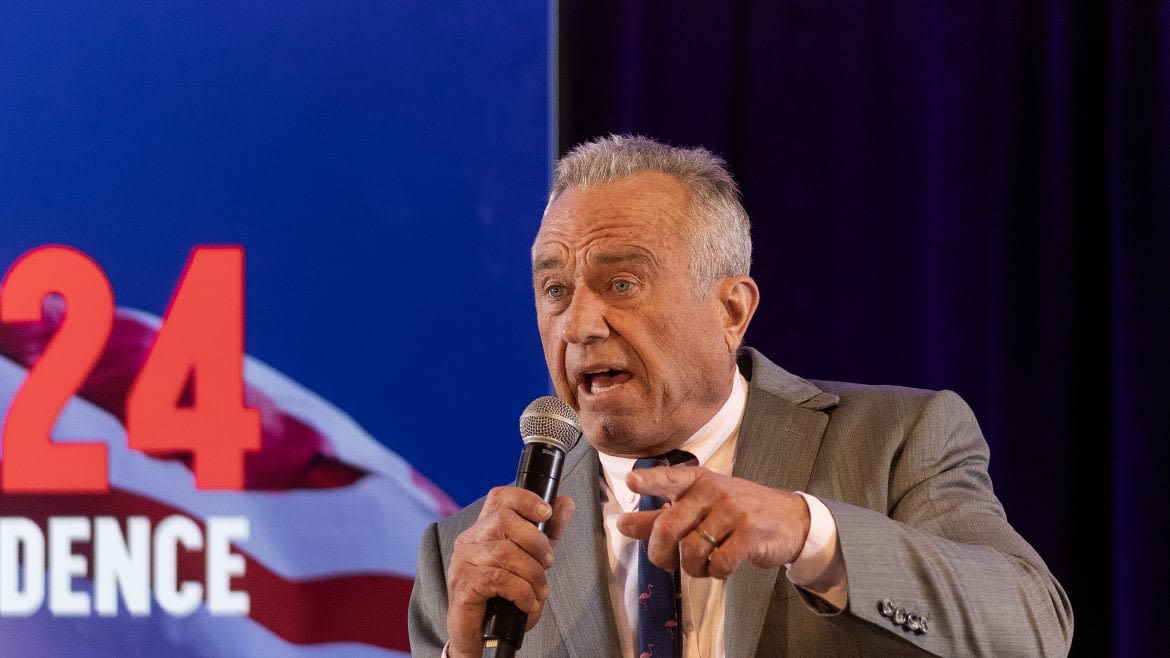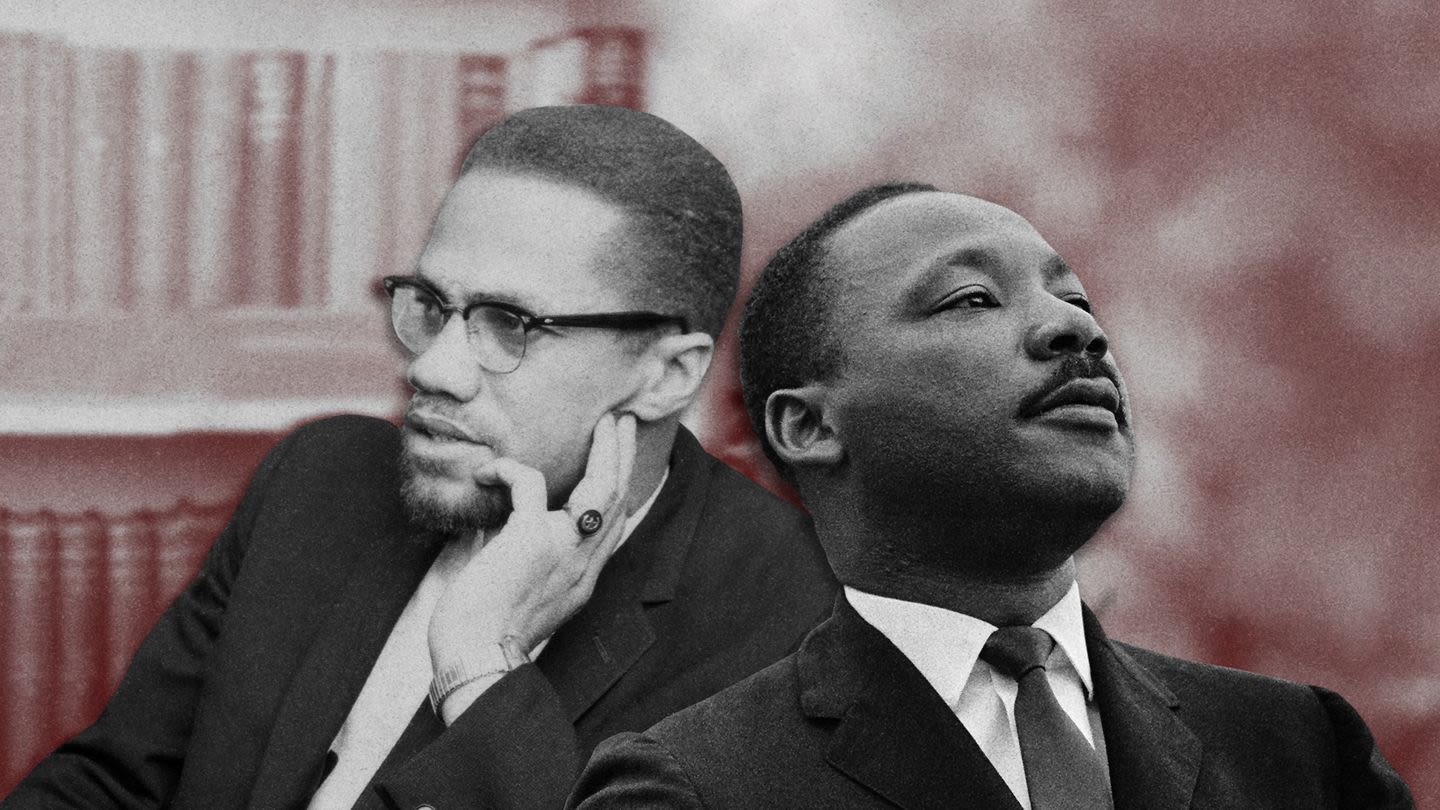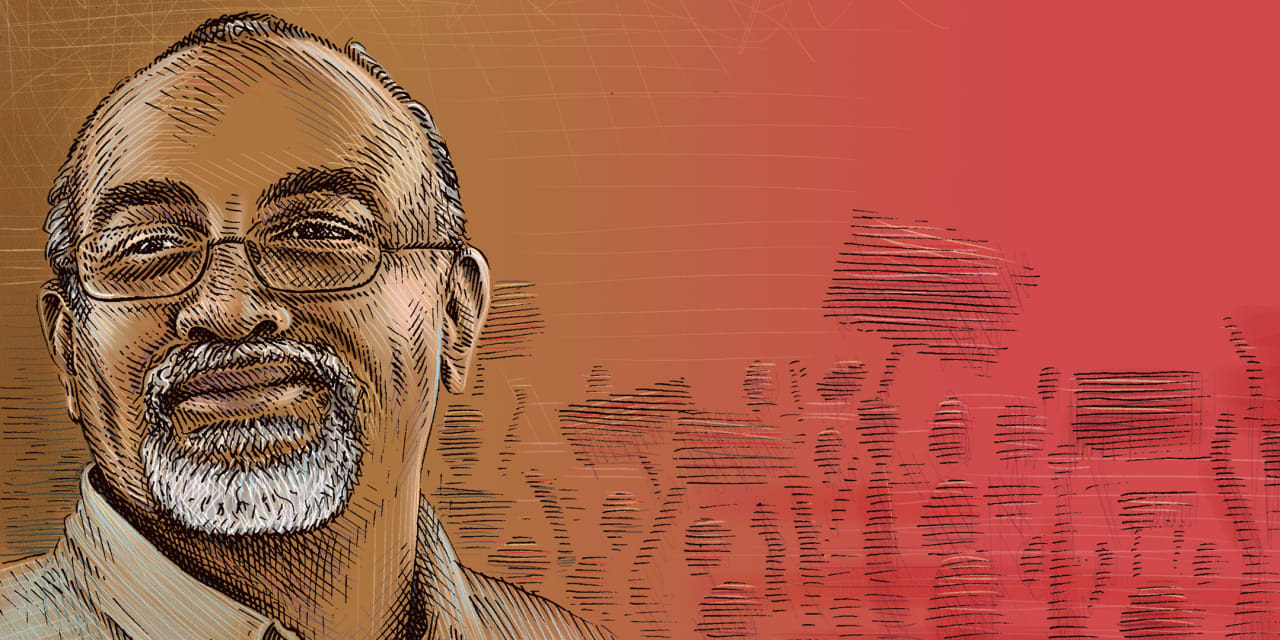Search results
Martin Luther OSA ( / ˈluːθər /; [1] German: [ˈmaʁtiːn ˈlʊtɐ] ⓘ; 10 November 1483 [2] – 18 February 1546) was a German priest, theologian, author, hymnwriter, professor, and Augustinian friar. [3] Luther was the seminal figure of the Protestant Reformation, and his theological beliefs form the basis of Lutheranism.
News about Robert F. Kennedy, Jr., Syracuse
News about Atlanta, Milwaukee, shooting
Also in the news
- Early Life & The Vow
- Spiritual Crisis & Revelation
- 95 Theses
- Worms & Wartburg
- Peasants' Revolt
- Marriage & Lutheranism
- Conclusion
Luther was born in Eisleben, modern-day Germany, in 1483, a region then part of the Holy Roman Empire. His parents were of the upper peasantry as his father was not bound to the land as a farmer but owned a number of coppermines. Scholar Roland H. Bainton comments: Luther was the eldest of a number of children and his father saw to it he was well e...
Luther took his vow to Saint Anne so seriously because he was terrified of deathand credited the saint with saving his life that day of the storm. His fear of death came directly from his understanding of God as a divine being, all-powerful and all-knowing, who saw into people's hearts and punished them for their failings. Recognizing himself as a ...
Once he understood the nature of God as revealed in scripture, he began to seriously question the vision of that God encouraged by the medieval Church. If one was saved through faith alone, Luther reasoned, what was the purpose of all the policies and rules and tithes the Church imposed on believers? Where, in the Bible, was there any support for t...
He was excommunicated in January 1521, and his case was turned over to the secular authorities who called Luther to appear at the Diet of Worms, a hearing at the city of Worms. Charles V, Holy Roman Emperor, presided, and one Johann Eck (not the same man as above) represented the Church in again pressing Luther to recant. Luther was promised safe p...
The printing press, in fact, was Luther's "secret weapon" which allowed not only for the swift dissemination of his views but for illustrations picturing him as a heroic figure and "man of the people" challenging the authorities that maintained policies of inequality and kept the people in poverty. Earlier so-called "proto-reformers" such as John W...
Luther was married in June 1525 to Katharina von Bora (l. 1499-1552), a former nun who, in 1523, had written Luther asking for his help in freeing her and some of her associates from their convent. Luther arranged for them to be smuggled out in a wagon of herring barrels and found suitable homes for all of the womenexcept Katharina who wanted to ma...
Luther died of a stroke at age 62 on 18 February 1546 in his hometown of Eisleben. He was buried in front of the pulpit of the Castle Church in Wittenberg, the same Church whose doors he had posted his 95 Theseson years before. By the time of his death, he was an international hero to Protestant sects and an irredeemable devil to Catholics, who saw...
- Joshua J. Mark
Apr 23, 2024 · Martin Luther’s understanding of faith departed from the prevailing Catholic belief system in many ways: he believed that salvation is a gift God alone grants to sinners who passively affirm their faith in Christ, rather than something a sinner can actively obtain through the performance of good works; that the Eucharist is a sacrament that undergoes consubstantiation as opposed to ...
Apr 2, 2014 · Martin Luther was a German monk who forever changed Christianity when he nailed his '95 Theses' to a church door in 1517, sparking the Protestant Reformation. Search. Women’s History;
Martin Luther, (born Nov. 10, 1483, Eisleben, Saxony—died Feb. 18, 1546, Eisleben), German priest who sparked the Reformation. Luther studied philosophy and law before entering an Augustinian monastery in 1505. He was ordained two years later and continued his theological studies at the University of Wittenberg, where he became a professor of ...
People also ask
Who was Martin Luther?
Who was Martin Luther OSA?
Where did Martin Luther die?
How did Martin Luther change Christianity?
Jul 22, 2020 · Martin Luther was a German theologian and reformer who sparked the Protestant Reformation in the 16th century. This entry in the Stanford Encyclopedia of Philosophy explores his life, works, and legacy, as well as his views on theology, ethics, politics, and education. Learn more about one of the most influential figures in Western history and his impact on philosophy and religion.
Oct 23, 2017 · Religious houses began to close down. Luther led the movement mostly by his writings. Meanwhile, he did what he thought was his main job in life, teaching the Bible at the University of Wittenberg ...







